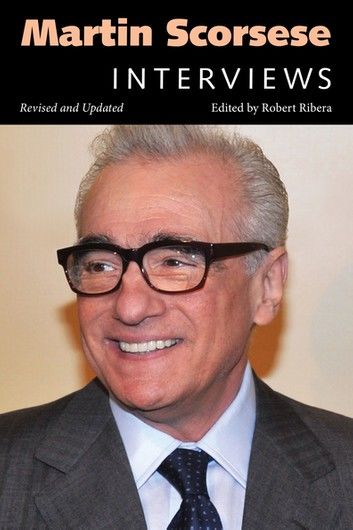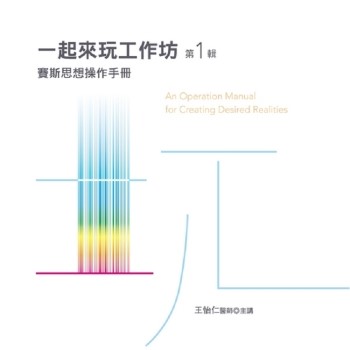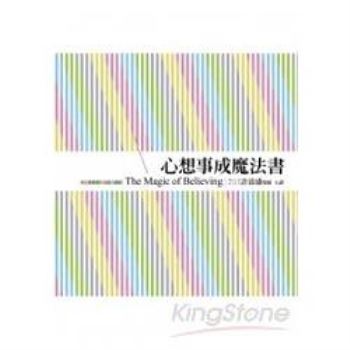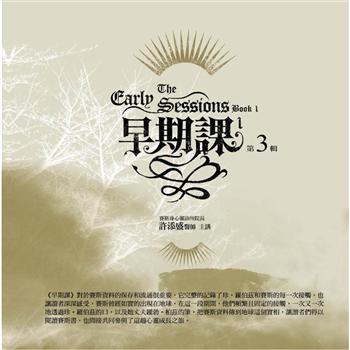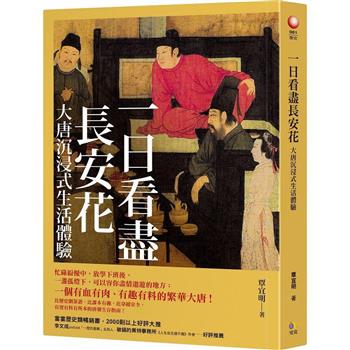Martin Scorsese (b. 1942) has long been considered one of America's greatest cinematic storytellers. Over the last fifty years he has created some of the most iconic moments in American film, never afraid to confront controversial issues with passion. While few of his films are directly autobiographical, his upbringing in New York's Little Italy, the childhood asthma that kept him from playing sports, and his early desire to enter the priesthood all helped form his sensibilities and later shaped his distinct style. Community, religion, violence--these themes drive a Scorsese picture, and whether he examines the violence that bursts forth in the hand of Travis Bickle or the passion of Jesus Christ, Scorsese's mastery of the history, art, and craft of filmmaking is undeniable.
This collection was originally edited by the late Peter Brunette in 1999 and is now revised and extensively updated by Robert Ribera. It traces Scorsese's evolution from the earliest days of the New American Cinema, his work with Roger Corman, and his days at New York University's film program to his efforts to preserve the legacy of cinema, his documentary work, and his recent string of successes. Among new movies discussed are The Departed, Hugo, and The Wolf of Wall Street, and the documentaries No Direction Home and The Blues. Scorsese stands out as a director, producer, scholar, preservationist, and icon. His work both behind the camera and in the service of its history are a cornerstone of American and world cinemas. In these interviews, Scorsese takes us from Elizabeth Street to the heights of Hollywood and all the journeys in between.
